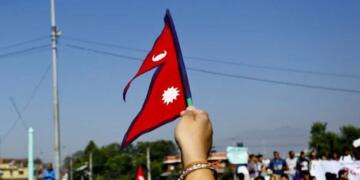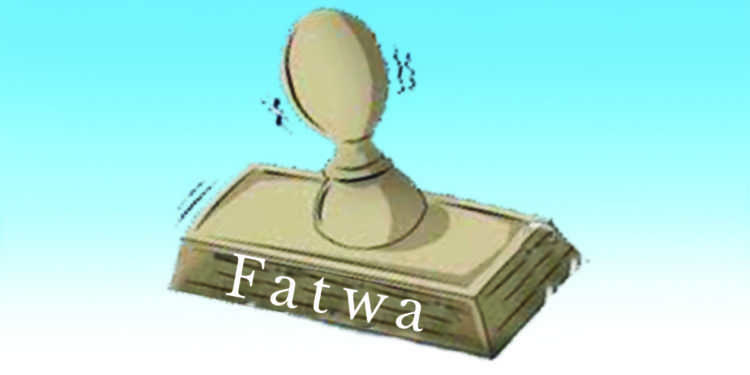In a latest ruling that is going to have wide and far reaching implications, the Uttarakhand High Court has put a ban on fatwas in the state. It declared a fatwa banishing the family of a rape victim from their village illegal. The high court also made it clear that in Uttarakhand all the religious bodies, statutory panchayats or any other group of people are banned from issuing fatwas as it violates fundamental rights, statutory rights, dignity, status and honour of individual citizens.
The division bench consisting of Acting Chief Justice Rajiv Sharma and Justice Sharad Kumar Sharma had taken cognisance of a news report that the panchayat had issued a fatwa for banishing the family of the rape victim in Laksar as a public interest litigation, the court observed that fatwas are against the letter and spirit of the Constitution of India.
The court expressed dismay at how the panchayat had the audacity of banishing the family of the rape victim from the village, further aggravating their pain and trauma instead of sympathising with the victim. The court made it clear that fatwas are not permissible under the constitution and they are nothing but over-reach by a body in contravention of constitutional provisions. The bench also observed, “The panchayats are only required to discharge the duties and functions enshrined under the law. Issuing fatwas is not part of their statutory duties and functions. The fatwas cause immense agony and devastation to the victim, even if the same has been issued by local panchayat like ‘Khap Panchayat”. The court has also directed the senior superintendent of police (SSP) in Haridwar to depute the circle officer to immediately reach the village and see to it that the family of the rape victim is reached and in no circumstance, banished from the village. The SSP has also been required to ensure safety of the rape victim and her family members as well. He has also been directed to initiate criminal action against those who issued the fatwa.
Therefore, the Uttarakhand High Court has outlined the mandate of panchayats. These are administrative bodies which are required to follow the duties enshrined under the law. They are in no way empowered to administer the law and have no adjudicative powers whatsoever. Similarly, religious bodies have no authority to administer their own set of rules. We are a society governed by the rule of law and not by religious edicts. Injunctive fatwas which require individual citizens to do something or to restrain themselves from doing something are perverse in nature not only because they are without authority but because they strike at individual freedom and dignity as well. Administration of law and dispensation of justice are state functions which cannot be abdicated. These are to be essentially exercised by the courts and tribunals of the country and no private body can administer its own set of rules. It is a pity that despite this being the clear position, fatwas have always prevailed in the Muslim community. The immediate casualty has been individual liberty and freedom. It is a welcome ruling by the Uttarakhand High Court as it has done away with this unauthorised practice. One hopes that it will be replicated across the country. The government should also consider bringing a law criminalising issuance of fatwas which curtail individual liberty and freedom.



























